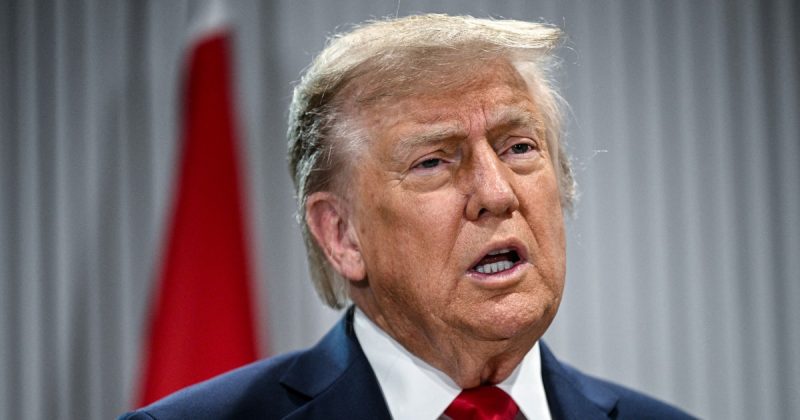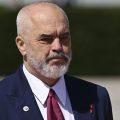
In a surprising turn of events, Pakistan announced its intention to nominate former U.S. President Donald Trump for the Nobel Peace Prize. This unexpected nomination stems from Trump’s role in brokering a ceasefire between India and Pakistan during a tense four-day conflict in May 2025. The ceasefire, announced by Trump himself, abruptly ended the hostilities between the two nuclear-armed nations.
Trump has since repeatedly claimed credit for averting a potential nuclear war and saving millions of lives, while also expressing frustration over a perceived lack of recognition for his actions. Pakistan’s government concurs that U.S. diplomatic intervention was crucial in ending the fighting, although India maintains the ceasefire was a result of bilateral military agreements.
Pakistan’s official statement lauded Trump’s “strategic foresight and stellar statesmanship,” highlighting his diplomatic efforts in de-escalating the volatile situation between Islamabad and New Delhi. The nomination itself is a significant gesture, suggesting a desire to foster stronger ties with the United States, even amidst potential regional tensions.
However, this decision has not been met with unanimous approval within Pakistan. Some critics point to Trump’s close relationship with Israel and his support for its actions in the Gaza conflict, arguing that his record doesn’t align with the ideals of the Nobel Peace Prize. Others question the long-term implications of such a politically charged nomination, particularly considering Trump’s unpredictable nature and past statements about his relationship with Indian Prime Minister Narendra Modi.
The timing of the nomination is also noteworthy, coinciding with a White House meeting between Pakistan’s army chief, Field Marshal Asim Munir, and Trump. This meeting marked the first time a Pakistani military leader had been invited to the White House while a civilian government was in power in Islamabad. While Trump’s planned meeting with Modi at the G7 summit didn’t materialize, the two leaders subsequently spoke by phone, with Modi reiterating India’s rejection of mediation in the Kashmir dispute.
The nomination has sparked considerable debate both domestically and internationally. While some see it as a strategic move to strengthen ties with the U.S. and potentially influence Trump’s foreign policy decisions, others view it as a controversial decision that overshadows other crucial aspects of the conflict and regional dynamics. The outcome remains uncertain, but the nomination itself has undoubtedly injected a new layer of complexity into the already intricate geopolitical landscape of South Asia.










